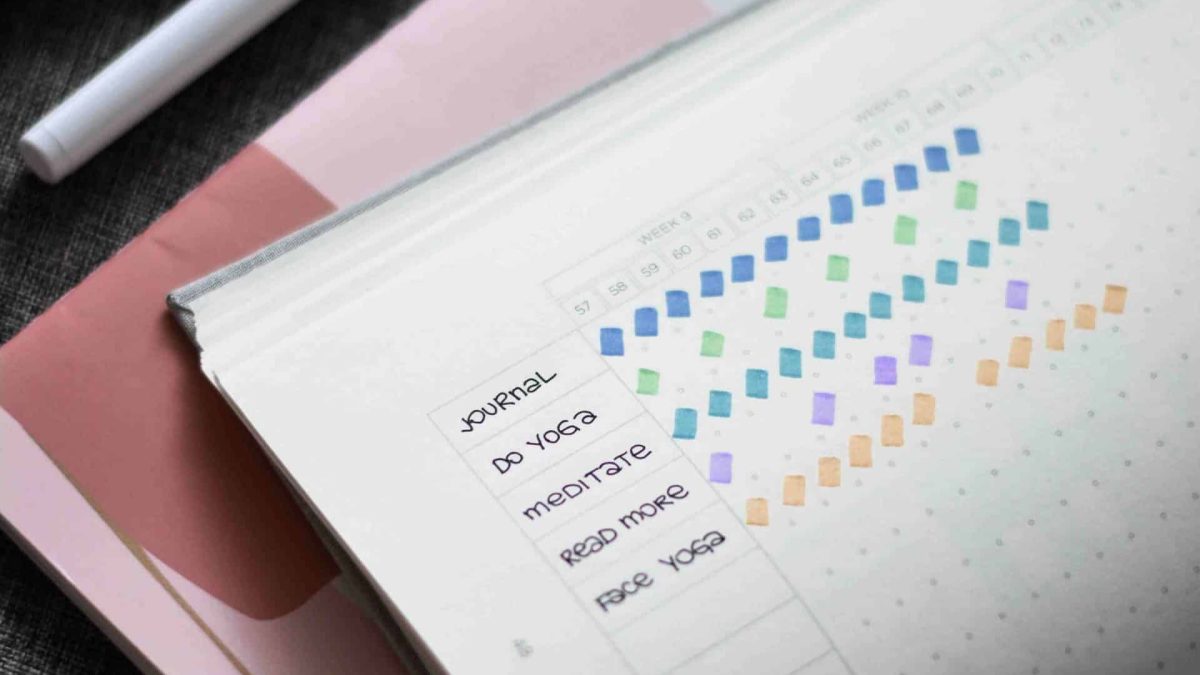
Finding the Right Therapist
July 17, 2023
Self-Compassion
August 8, 2023“All big things come from small beginnings. The seed of every habit is a single, tiny decision.”
James Clear, Atomic Habits
Good Habits and Bad Habits
Good habits and bad habits. We may all be able to think of times when we have worked hard to develop the former and maybe even harder to break the latter! Why is it that with the knowledge that a certain activity or lifestyle practice is good for us, it can still be hard to incorporate into our lives in a consistent way? And why is it so difficult to stop doing the things that we understand are not great for our health and wellbeing? Our habits determine the kind of life we are living. But, changing a habit – whether forming a new habit or breaking an old one – can be a challenge.
What are Habits?
Habits are behaviours that over time, with repeated performance, become automatic. With any formation or elimination of a habit, the nervous system is learning something new; there is both psychology and biology at play. Sometimes this learning happens consciously – we are aware of the habit forming – while at other times we may not realize a new habit until it shows up as positive change or, conversely, a harmful problem in our lives. Science explains that what we do habitually makes up 70% of our waking behaviour. Habits form a big part of who we are! How, then, can we be intentional about creating the habits that make up our day-to-day behaviours so that our lives become something we are living on purpose rather than by accident?
Steps in Forming Habits
There are steps we can follow to create the change we are seeking. The brain works through stages when forming a habit:
- First, it identifies an event or situation that cues or triggers the brain to take action. Maybe your phone lights up, alerting you to a new text message.
- This situation prompts a craving – in this example, a desire to find out the contents of that text message. For the brain, satisfying this craving is like a problem that needs to be solved.
- To solve it, the brain moves into the next stage – response – and finds an answer to the problem, picking up the phone and reading the text.
- This brings on the reward stage, that satisfied feeling after we’ve responded to a craving.
- The reward is so desirable to the brain that now the action of picking up the phone becomes attached to the phone alerts and through repetition a new habit is created. This is called a habit loop.
Training Yourself
It is possible to teach the brain new ways of responding. With repeated behaviour we can create and maintain new habits. How long does this take? This is different for everyone and may involve a few weeks or several months. Here are some research-based tips to support this process:
- Set up your environment for success. Our behaviours can be significantly affected by our surroundings. Consider all of the influences around you – your location, the people you are with, the time of day, and your actions. All of these help to shape our habits.
- Repeat, repeat, repeat. Building a new habit requires consistency, repeating an action on purpose until it becomes something that can be accessed with less effort, automatically. It’s important to continue making time for desired new behaviours so that they can become established as habits.
- Stack ‘em. Introducing a new habit right before or immediately after an already existing habit takes advantage of the current habit already familiar to the brain. By linking or stacking a new habit onto one that has been strengthened by years of practice, the new behaviour is more likely to last.
- Reward yourself. The brain loves rewards and chemically responds in a way that imprints the rewarding experience into memory, increasing the likelihood of repeating the rewarded behaviour. Rewarding ourselves for new behaviours helps to make a new habit stick.
Interested in Learning More?
Check out these resources:
If you are looking to connect further or receive support around habits or a mental health concern, please Contact Us at 250-718-9291 or email us at [email protected].
Check out these resources:
Atomic Habits: Tiny Changes, Remarkable Results by James Clear
The Science of Making & Breaking Habits | Huberman Lab Podcast #53
A Yet Unknown Neural Mechanism of Habit Formation Identified – Neuroscience News.
Habit Formation | Psychology Today Canada

Written by: Miriam Desjardins, MACP
To book: Click Here!





